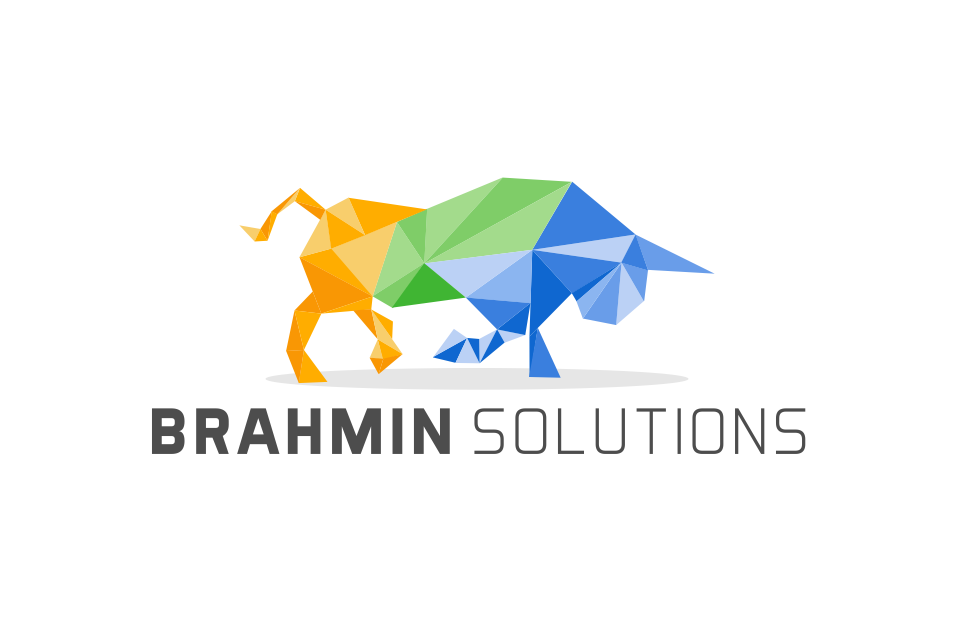
Manufacturing and Inventory Management Software

Nowadays, small businesses, particularly small manufacturers, have a lower barrier to entry due to cloud software. This technology provides affordable access to tools that meet the same standards as high-cost enterprise solutions. Here are top three benefits of using manufacturing software for small businesses.
Cloud-based manufacturing software offers numerous benefits for businesses of all sizes, allowing them to connect with external eCommerce retailers, warehouses, distributors, and more. Additionally, cloud-based software can help manufacturers enhance communication within their business, between teams, and with other software solutions used to manage sales, accounting, and reporting. Through the use of enterprise resource planning (ERP) software, small manufacturers can streamline their operations, keep track of inventory, sales, and accounting information in one place, and connect all of the data sources and tools used to manage their business.


Manufacturing ERP software helps small businesses stay agile by streamlining operations and providing real-time insights to make better decisions. It also helps optimize inventory levels and human resource planning, which is crucial for small businesses competing with larger companies.
Brahmin Solutions provides real-time data you need to:
Cloud manufacturing software, such as ERP or MRP small business solutions, is perfect for companies with multiple manufacturing sites or small businesses planning to expand. The software stores manufacturing data in the cloud, allowing teams to easily track inventory and manufacturing progress on any device with internet access. Unlike spreadsheets, which are commonly used in the manufacturing space, ERP solutions keep data up-to-date with minimal data entry through a range of automations and integrations with other software.
Brahmin Solutions end-to-end manufacturing ERP solution makes it easy to:

.jpg)
.png)

.png)
.png)
.png)
.png)

.png)
.png)
.png)
.png)



Modern manufacturing software is no longer a single product but instead, a stack of different tools that function together. At the top of the stack are web-based applications that offer overall business management capabilities, similar to QuickBooks Desktop.
However, beneath this layer lies highly specialized software that focuses on key operational functions such as planning, production control, quality control, and inventory management. These applications are built on legacy systems or designed to automate and optimize information management.
For instance, production planning software can provide insight on current orders, inventory requirements, and raw material shortages, enabling better production scheduling. Implementing an MRP or ERP solution designed for small and midsize businesses provides a unified system with integrated functionalities for e-commerce sales, accounting, reporting, and more.
An ERP system is a software that helps companies manage their entire business, including manufacturing, HR, finances, and distribution. MRP is a type of software that is included in the ERP system and it is used to help manage things like purchasing, production planning, and inventory control.
ERPs are typically used by larger companies because they are designed to handle complex needs and to work with other advanced software. MRP for small businesses are parts of the ERP system that focus mainly on managing the manufacturing aspects of the business.
While small businesses may not need all the features of an ERP system, they might still need an MRP system to help with their manufacturing needs.
Many manufacturing ERP software are designed to support various types of manufacturing operations. However, if you work in industries like food and beverage or cosmetics, it's important to find software that supports batch tracking. Brahmin Solutions is used by manufacturers from different industries with different workflows. You can check out our workflows page for the list of supported industry workflows.